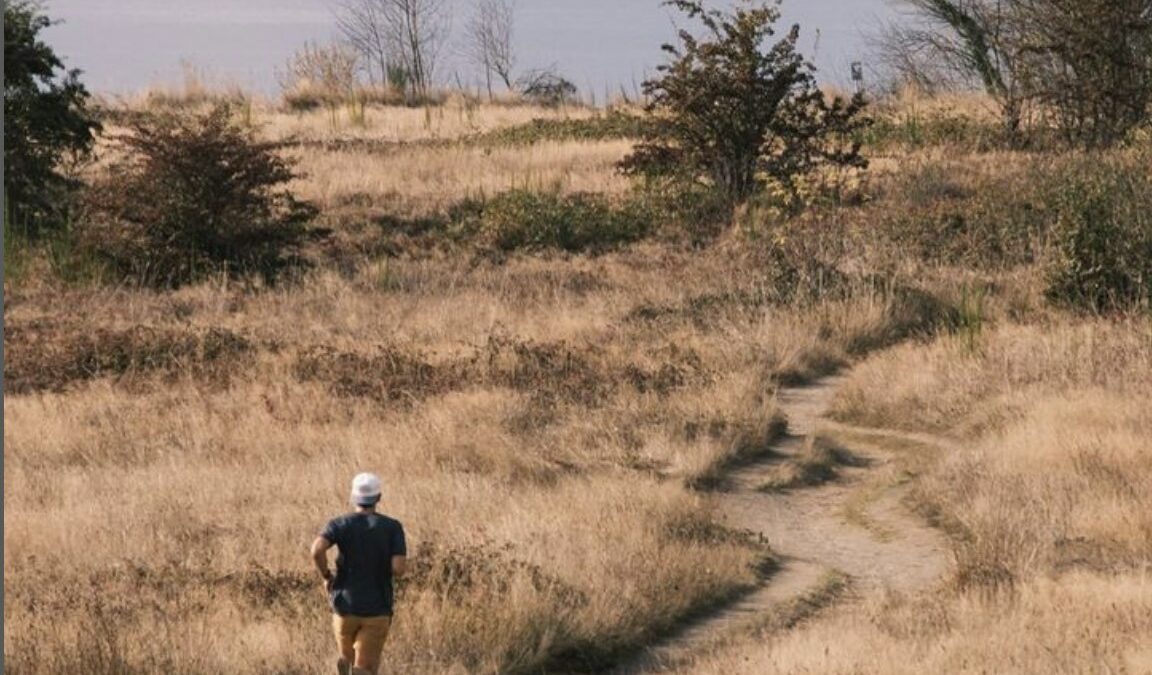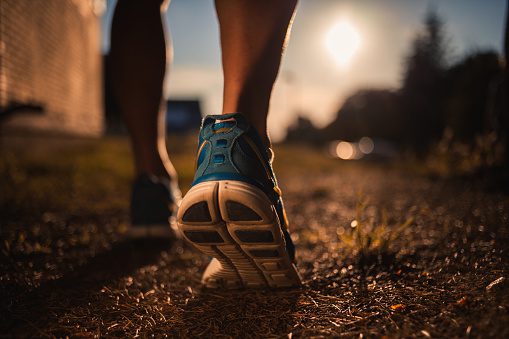New study on racial diversity in trail running flags barriers to sport
Concerns over safety and inclusion need to be addressed, urges a U.S.-based runners' advocacy group
 Photo by:
Ryan Thrower
Photo by:
Ryan Thrower
Despite trail running’s reputation as an activity that supports broad inclusion, concerns over safety and a lack of representation remain stumbling blocks for racially diverse runners, according to a report released this week by the U.S.-based Running Industry Diversity Coalition (RIDC) and Bentley University in Massachussetts.
For the study—Racial Diversity in Trail Running: Understanding the underrepresented experience in trail and road running and racing—researchers surveyed white and BIPOC (Black, Indigenous and people of colour) runners in the U.S. who run at least once a month on trails or roads. The goal was to explore barriers to access, safety and inclusion during trail races and unorganized participation, unaddressed product needs and comparisons to road-running experiences.
The study found, in part, that while BIPOC runners find trail-running culture to be friendly and less competitive than road running, many respondents found the culture to be “cliquey.” The survey also showed that while white and BIPOC runners use similar language to describe trail running—with respondents across the board characterizing it as “fun,” “adventurous” and “relaxing”—the word “inclusive” was frequently used by white runners but nearly absent from BIPOC language.

Factors shaping feelings of exclusion identified in the report include a lack of diversity in trail running—respondents characterized the trail-running scene as “extremely white,” from participants to race staff to sponsors—and the perceived prohibitive cost of trail-running clothing, equipment and events.
The study found that while BIPOC and white runners alike reported feeling a lower sense of safety on roads compared to trails during unorganized participation, BIPOC runners report feeling “significantly” less safe than white runners during both trail and road races—80 per cent of white respondents said they always feel safe at trail races, compared to 56 per cent of BIPOC runners. Fear of wild animals, running alone and getting lost were identified as the top safety concerns for BIPOC runners during trail races.

The authors offer several recommendations for making trail races more inclusive for BIPOC runners. These include supporting running clubs led by BIPOC runners, sharing education about the wildlife that surrounds local trails (including facts about the odds of an encounter and safety measures to take), considering programs to reduce the cost for runners who need it, extending cut-off times for trail races, and having a wider variety of pacing groups to ensure no runner is left behind.
Making trail running more inclusive also requires clothing and equipment brands to engage with BIPOC runners on product development, say the authors, who note current offerings are too narrow in terms of fit, style and cultural relevance.
The study was one of three released by RIDC and Bentley University to coincide with Juneteenth on June 19th, commemorating the day that slaves in Galveston, Texas were told of their emancipation. The others focused on BIPOC representation in leadership roles in the running industry and promoting broader inclusion in running. All three studies can be accessed here.


